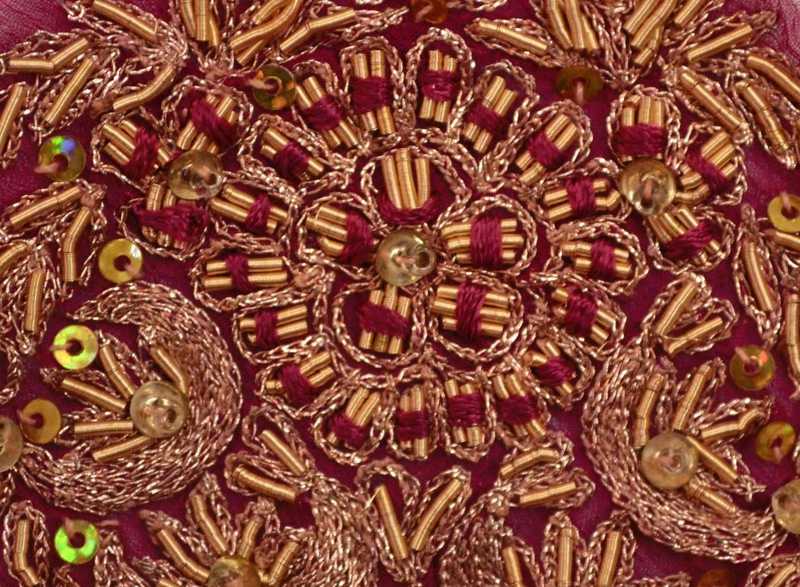===
1582,
1
===

=== |
 |
dil kii tah kii kahii nahii;N jaatii naazuk hai asraar bahut
anchha;R hai;N to ((ishq ke do hii lekin hai bistaar bahut
1) [a thing] from the depths of the heart is not said; secrets/mysteries are very delicate/sensitive
2) the words/spells/charms of passion are only/emphatically two, but there's much spreading/amplification/detail
anchha;R : 'A mystical or magical word or formula; spell, charm'. (Platts p.89)
bistaar : 'Spreading out; spread, extension, expansion, diffusion, development, amplification, detail, prolixity, copiousness, abundance'. (Platts p.155)
FWP:
SETS == A,B
MOTIFS == SOUND EFFECTS
NAMES
TERMS == FLOWINGNESS; FRESH WORDI fully agree with SRF's objections to Hasrat Mohani's critical methodology. It's really hard to fathom Hasrat's procedures, since he does in fact basically make up his own rules. What's the point of going around and retrospectively labeling petty little technical things in the work of great poets as 'flaws'? I always want to ask 'Huh? Who says so?'-- and since the answer is 'Hasrat Mohani', we have an eyeball-to-eyeball confrontation between the authority of Hasrat on the one side, and that of Mir and Ghalib on the other. How many milliseconds is it going to take for us to figure out which side we like better?
SRF's point that in the two lines Mir has said 'two separate things' is also well taken, but of course the possibilities are even wider than the one he mentions. Since this is an 'A,B' verse, we have to decide for ourselves how the two lines are related to each other. The two lines could both refer metaphorically to the same situation; they could refer to two different, parallel situations that were to be compared for their similarity or contrasted for their opposition; or one (which?) situation could be a cause, the other an effect; and so on.
The colloquial omission of baat in the first line is the kind of touch that usually only a grammar fan would notice and enjoy. But in this case it works so well-- it refers to the thing that is not said, and it also is the thing that is not said.
We're told that the 'words/spells/charms' of passion are do hii , 'only/emphatically two'. It would be enjoyable if we could take that literally, but I can't find a way. Since ((ishq has three letters, it can't be a direct reference. Could the two primal 'words' be the lover and the beloved? In any case, the line of least resistance is to take it as a casual expression, 'a few', 'a small number'.